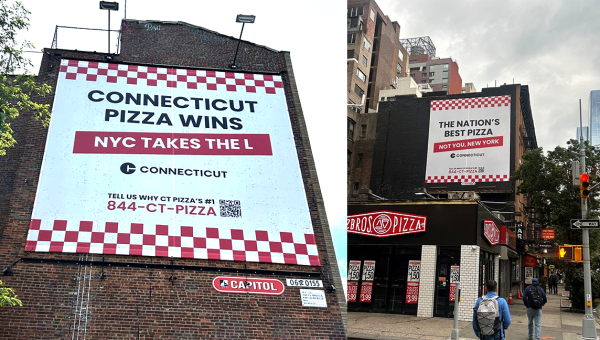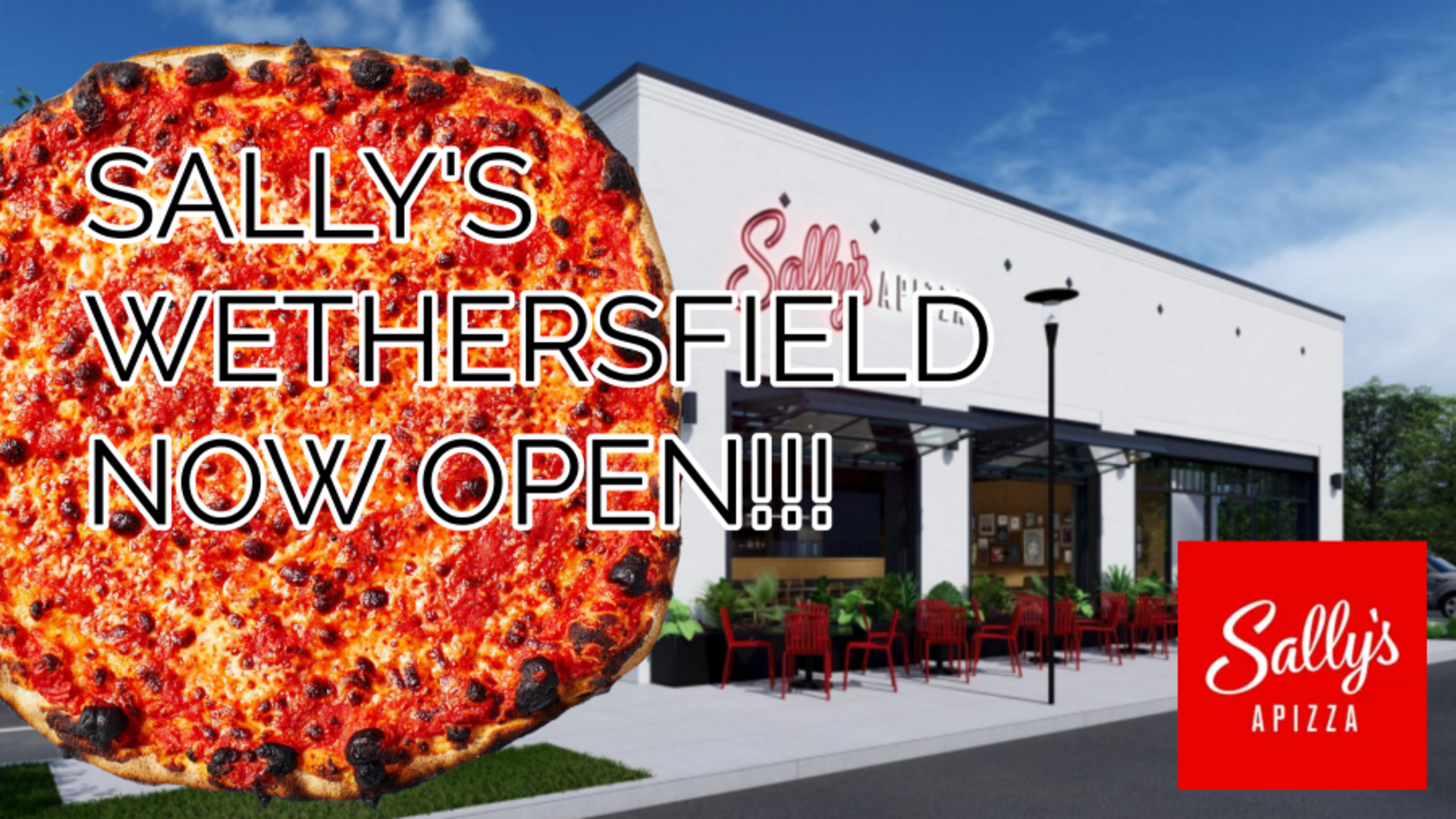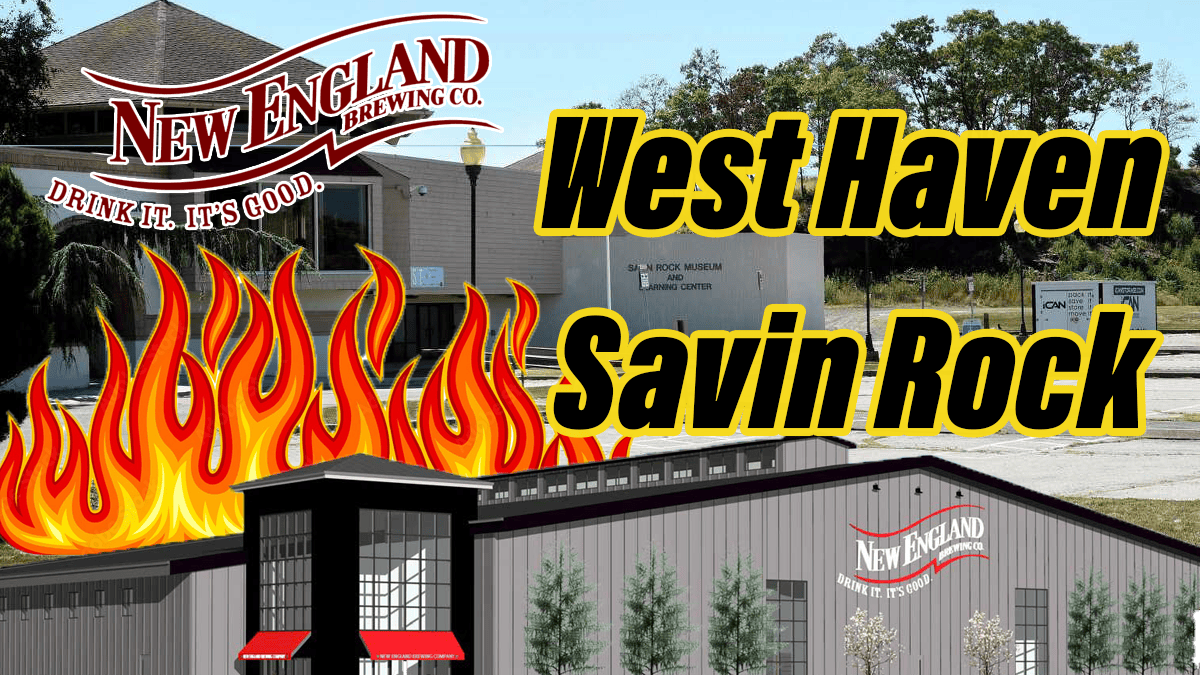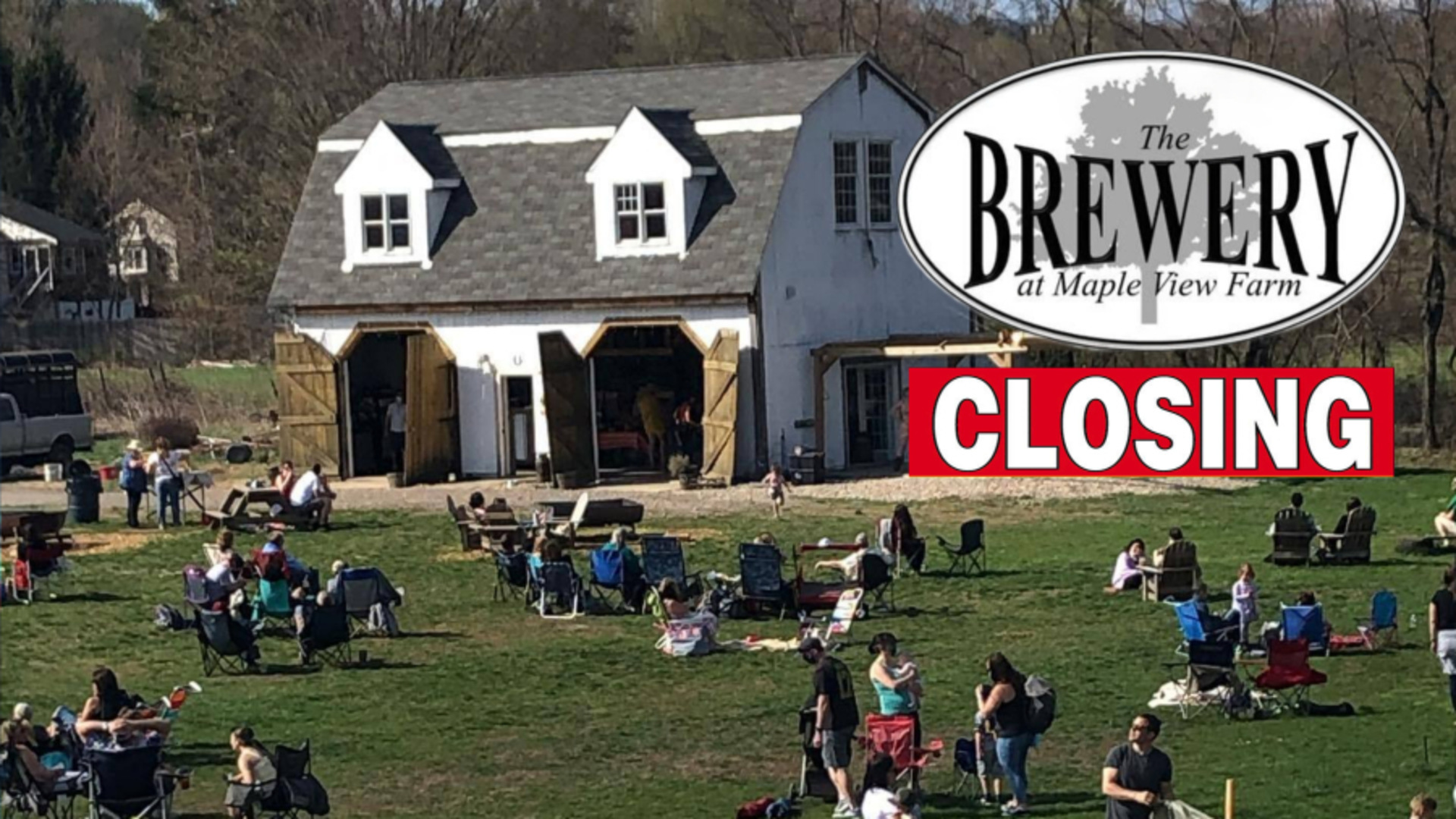
Maple View Farm Brewery Closing: Connecticut Breweries Face Closures Amid Rising Costs and Shifts in Consumer Trends
Maple View Farm Brewery’s Final Call
Maple View Farm Brewery in Granby, Connecticut, has announced it will close on November 30, 2024, marking the end of a six-year journey. Located within the family-owned Maple View Farm, the brewery has been a beloved destination known for its “Farm Made” beer crafted in a cozy, rural setting. While the farm itself will continue to operate as it approaches its 75th anniversary, the brewery closure reflects both industry trends and economic challenges. The owners are inviting their loyal patrons to visit in the coming weeks
to enjoy their favorite brews one last time and share in the bittersweet farewell.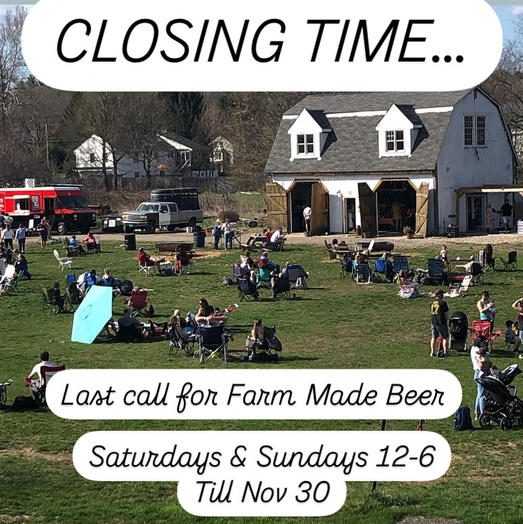
Maple View Farm Brewery’s story resonates with many Connecticut breweries, which have faced mounting economic pressures and shifting consumer preferences over recent years. This closure, following other notable exits in the state, highlights how costs and competition continue to shape the craft beer industry in Connecticut.
Recent Brewery Closures in Connecticut
- Maple View Farm Brewery (Granby): Maple View Farm Brewery’s closure is another hit to Connecticut’s craft beer community. Known for its unique location on a working farm, the brewery fostered a strong sense of community while serving up its signature beers. This closure adds to the list of small, local breweries feeling the squeeze of rising costs.
- City Steam Brewery (Hartford): After a 25-year legacy, City Steam Brewery closed in March 2024 due to a difficult recovery following a costly flood in 2023. Despite community support and city grants, the brewery struggled to balance the financial demands of restoration and operational expenses.
- Labyrinth Brewing Company (Manchester): Known for its creative events and eclectic brews, Labyrinth Brewing Company closed in July 2024. The financial challenges that impacted this six-year-old brewery demonstrate how even beloved community spaces face sustainability issues.
- 30 Mile Brewing (Old Saybrook): The absence of kitchen facilities affected 30 Mile Brewing, which could not keep up with demand for food-service options that encourage longer customer stays. This closure highlights a growing trend favoring food-inclusive venues.
Broader Economic Pressures on Local Breweries
The financial strains on local breweries are multi-faceted. Rising costs for ingredients, driven partly by global factors like the war in Ukraine, have increased the cost of production. Additionally, consumer shifts away from traditional beer toward alternative beverages like spiked seltzers, canned cocktails, and non-alcoholic options continue to impact the beer industry. The Brewers Association reports a decline in craft beer sales alongside a rise in these alternatives, adding another challenge to breweries.
Insights from the Connecticut Brewers Guild
According to Rachel Diamond, Executive Director of the Connecticut Brewers Guild, the high costs of craft beer production, coupled with narrow margins on resale to bars and restaurants, make it increasingly difficult for breweries to stay afloat. When sold in bars, a large portion of the revenue often benefits the establishments more than the breweries, which rely on their in-house sales for direct profit. Diamond also noted that, alongside these financial pressures, changing consumer preferences especially among younger drinkers who often opt for spirit-based or fruity beverages further challenge traditional breweries. While breweries are a vital part of the local economy, they face a delicate balance between production costs and sustainable profit margins.
The NEBCO Development Drama in West Haven - Canceled For The 2nd Time!
The closure of local breweries adds to the brewing industry’s setbacks, most notably the recent exit of New England Brewing Company (NEBCO) from a major development project in West Haven. Originally, NEBCO was set to anchor a large waterfront revitalization project, with plans for a new brewery and event space that was anticipated to bring jobs, tourism, and a fresh economic boost to the area.
However, NEBCO’s plans unraveled amid a series of legal and financial issues, including last-minute disputes, unforeseen costs, and lawsuits that ultimately led to the project’s cancellation again. As previously covered in Revival on Tap: Inside Scoop on NEBCO’s Dramatic Comeback to West Haven and Beer Bombshell: Why NEBCO Backed Out of the Lifetime Move to West Haven, the legal and financial complications stalled what was initially hailed as a transformative project for the city. West Haven officials are now considering new proposals to fill the waterfront space, with hopes that a fresh development plan could revive their vision for the area’s future.
Competitive Pressure from Alternative Beverages
Alternative beverages, including spiked seltzers, canned cocktails, and non-alcoholic drinks, have gained ground in recent years, drawing market share away from traditional craft beers. This shift has made it difficult for breweries to maintain a consistent customer base, forcing them to innovate with new product lines or risk losing relevance.
The Future of Connecticut’s Craft Beer Scene
Despite recent closures and industry challenges, Connecticut’s brewing community remains resilient. Industry leaders believe that innovation and adaptability will be essential for the survival and growth of local breweries. Many breweries are exploring options such as adding kitchens, expanding into alternative beverage formats, and enhancing their taproom experiences to attract a diverse range of customers.
Final Call to Support Local Breweries
With breweries facing significant challenges, local support is critical. Visiting Maple View Farm Brewery in its final days, as well as supporting other Connecticut breweries, is a meaningful way to contribute to the preservation of local craft culture.






